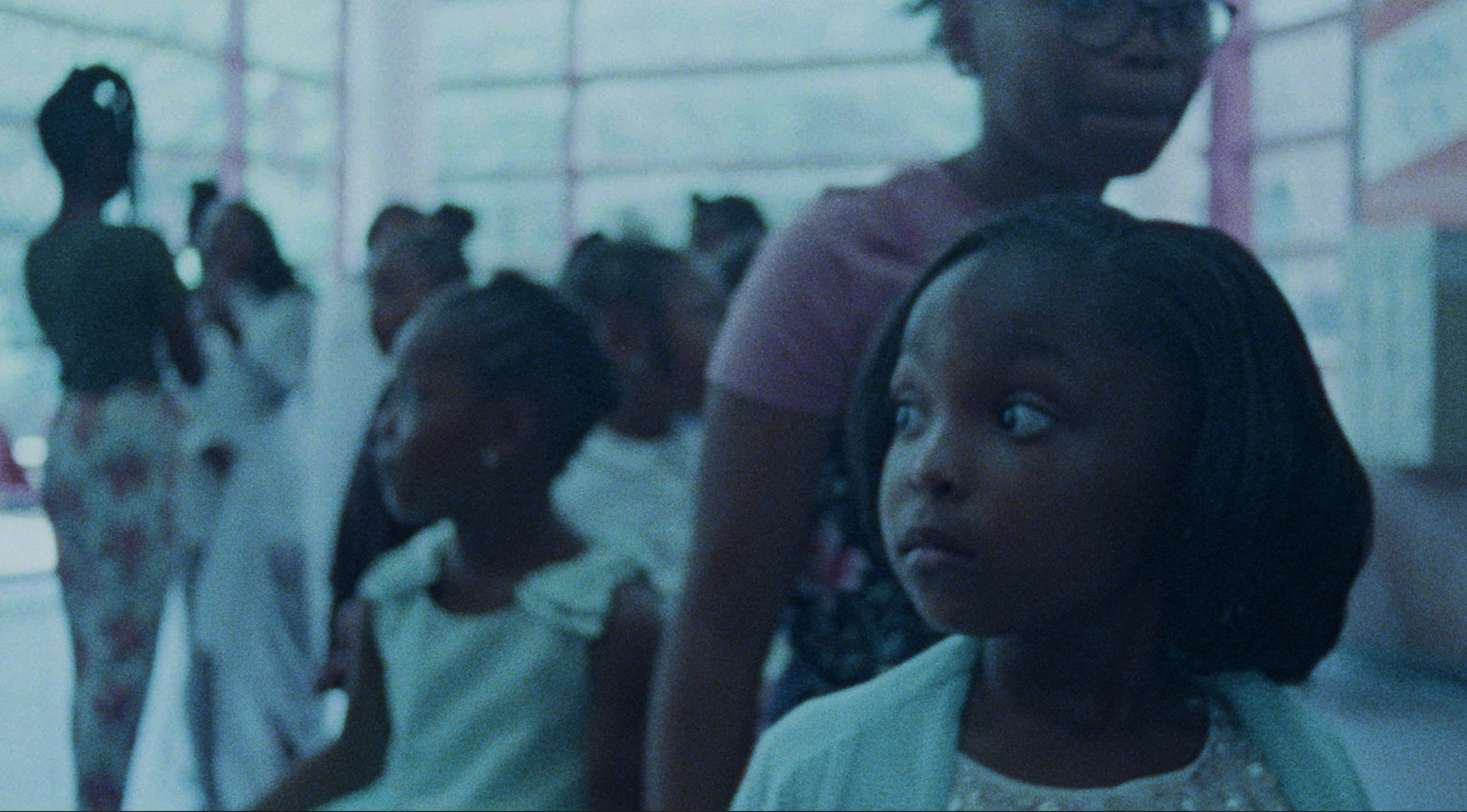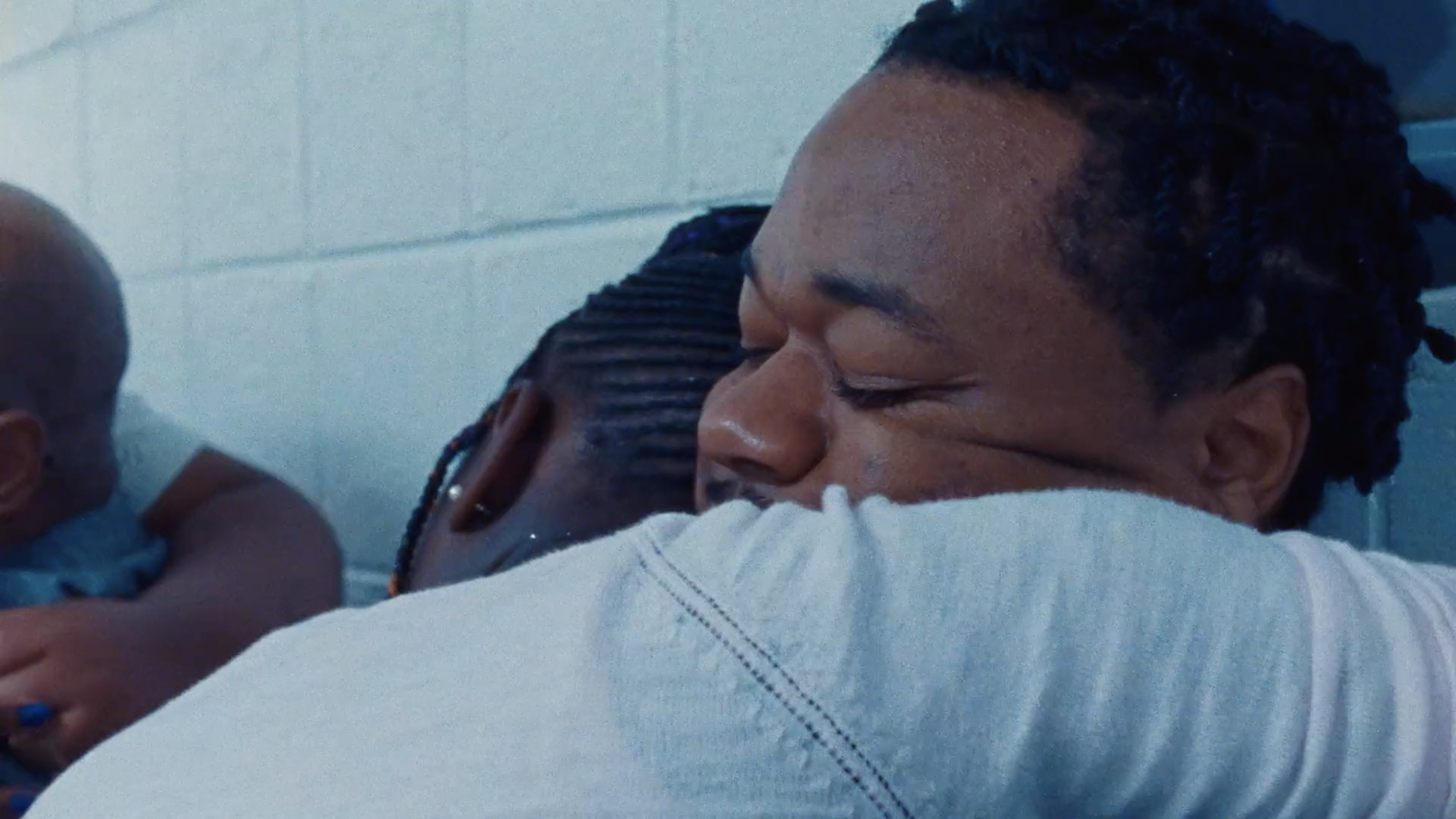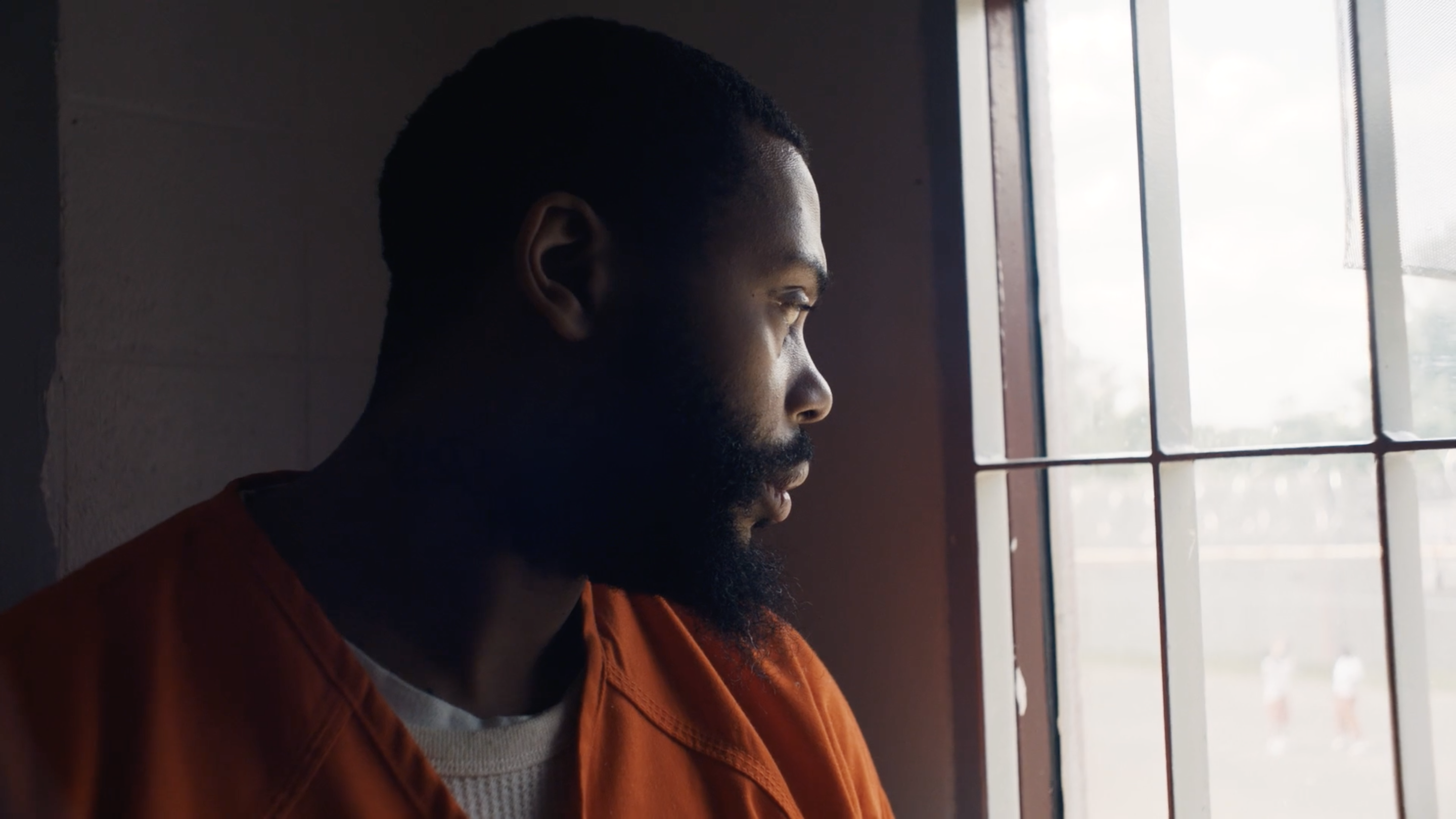Mass incarceration is a topic that touches many people of color in America. There are far too many of us who have had or currently have loved ones behind bars. If you don’t personally fit that description, you likely know someone who does.
Regardless of the circumstances that led them there, the experience of having a loved one reduced to a number is heartbreaking for those left out here in the free world, especially children. Whether incarcerated within driving distance or across state lines, they’re so close yet still so far away. Dreaming of their face or fantasizing about their voice only to be able to experience it in overpriced, 15-minute, often heavily inconsistent increments.
I watched Daughters on Netflix upon its release on August 14, and I haven’t been able to get it out of my head. Before its debut on the streaming platform, I’d heard acclaim about this award-winning documentary that centers on four young girls growing up with incarcerated fathers. Before pressing play, I already knew this documentary would hit home and touch a particular part of my personal story. You see, my own daughter, now 17, lived a large portion of her life as a child of an incarcerated parent.

The way co-directors Natalie Rae and Angela Patton present the documentary from the point of view of Aubrey, Santana, Ja’Ana, and Raziah, four girls participating in a father-daughter dance at a D.C. institution, is absolutely genius. Viewers are given an inside look into the world of children who didn’t ask for any of these burdens but are dealing with all of it the best way they know how. Though each girl’s relationship with their father is different from the next, the one consistent is how each father’s choices affected them. As the film crew follows the girls over the years, you can see the ups and downs they traverse over their young lives.
I knew my own daughter was affected by her father’s absence, but this documentary made me examine a slew of memories of her childhood from a different perspective. For 90% of her life, her father was either a number in the prison system or unable to be the father he could have been due to those experiences. Through Daughters, I felt I was watching assorted pieces of my seed represented on screen, knowing I’d never be able to fully understand her pain.

All my 38 years of life, I’ve always had my dad in my life –– even though my parents were never together, so to speak. I’ve never known what it feels like to not have my father around. Yet here I am, the mother of a child who knows who her father is, but doesn’t truly know him. A child who has to see friends or even strangers grow up and spend time with their dads, yet not ever be able to know what that feels like. We’ve always talked openly, but no matter how open you are with your mother there will always be things you keep to yourself. I can only imagine her thoughts and emotions.
Though Aubrey, Santana, Ja’Ana, and Raziah’s ages and situations vary, their story represents the experience of millions of children and adolescents across the country. Their stories reminded me of my baby girl’s journey with her own father.
Their relationship was a bit complex before his passing in 2022. They weren’t as close as Raziah and Alonzo nor estranged as Ja’Ana and Frank, but she did love her dad. He’d been in and out of the system before but nothing seriously extended. That all changed when my daughter was three.

In the early years of her father’s incarceration, when she was small ––around Aubrey’s age in Daughters –– my daughter would be over the moon when her dad sent her a letter in the mail. He would express his love for her, how much he missed her, and how he hoped she was being a good girl for mommy. Her enthusiasm for his release was even optimistic like Aubrey’s. To my baby, it was as if everything in the world would be right if her dad could just come home. As she began to get older, she became angrier and eventually indifferent, a parallel to Santana’s demeanor in the film.
When the audience was first introduced to Santana, I had to take a moment because of the tears that were flowing. This beautiful, smart, articulate little girl was filled with anger at a man she loved so much. She couldn’t wrap her mind around why her father couldn’t just do the right thing.
People are quick to say that kids don’t understand, but that’s not true. Don’t you remember being a kid? You may not have always known the ins and outs of everything, but you knew when something unfair was happening. Daughters reminds us that children may be small, but their pain is often much bigger.







